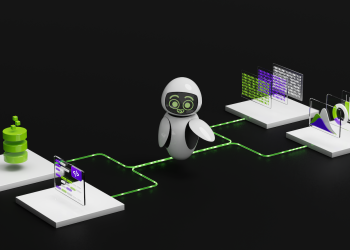losing access,” he said.
“Illegal or not, this action has brought concrete artifacts to the community; this is more important,” said cyb0rg in a message sent through Saber.
Saber said they are convinced that while the hacker — who they call “Kim” — works for North Korea’s regime, they may actually be Chinese and work for both governments, based on their findings that Kim did not work during holidays in China, suggesting that the hacker may be based there.
Also, according to Saber, at times Kim translated some Korean documents into simplified Chinese using Google Translate.
Saber said that he never tried to contact Kim. “I don’t think he would even listen; all he does is empower his leaders, the same leaders who enslave his own people,” he said. “I’d probably tell him to use his knowledge in a way that helps people, not hurt them. But he lives in constant propaganda and likely since birth so this is all meaningless to him.” He’s referring to the strict information vacuum that North Koreans live in, as they are largely cut off from the outside world.
Saber declined to disclose how he and cyb0rg got access to Kim’s computer, given that the two believe they can use the same techniques to “obtain more access to some other of their systems the same way.”
During their operation, Saber and cyb0rg found evidence of active hacks carried out by Kim, against South Korean and Taiwanese companies, which they say they contacted and alerted.
North Korean hackers have a history of targeting people who work in the cybersecurity industry as well. That’s why Saber said he is aware of that risk, but “not really worried.”
“Not much can be done about this, definitely being more careful though :),” said Saber.
We’re always looking to evolve, and by providing some insight into your perspective and feedback into TechCrunch and our coverage and events, you can help us! Fill out this survey to let us know how we’re doing and get the chance to win a prize in return!









